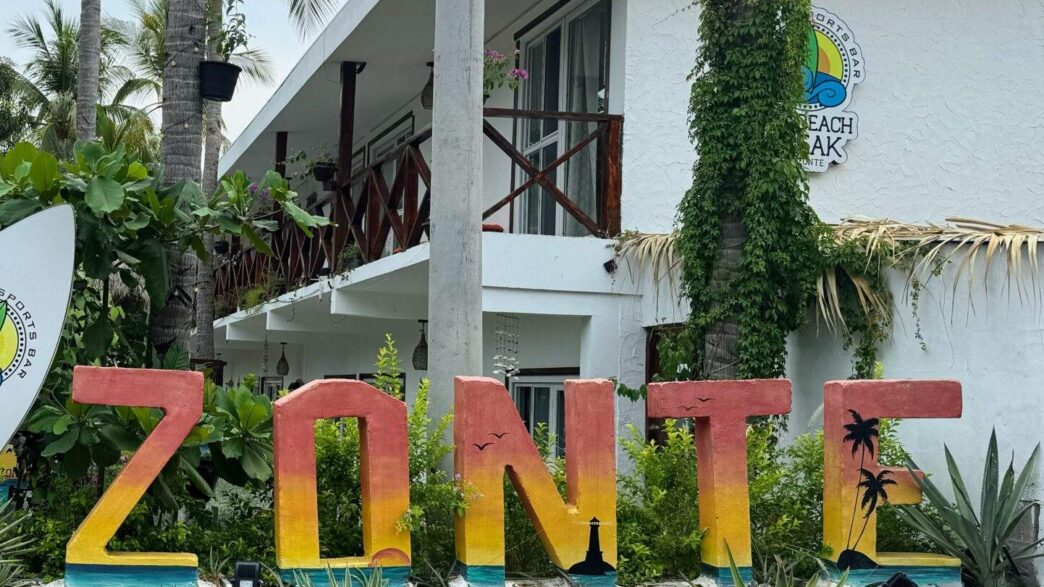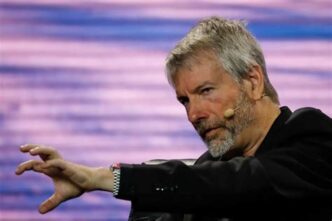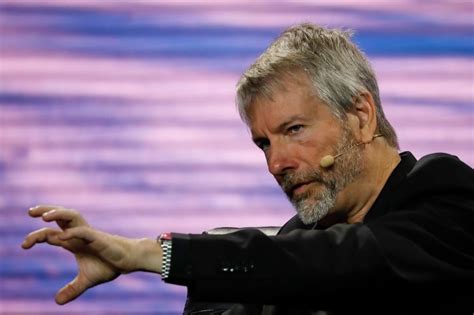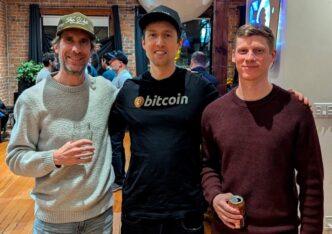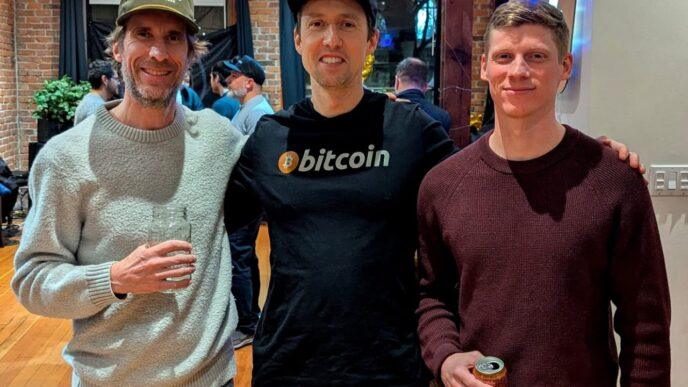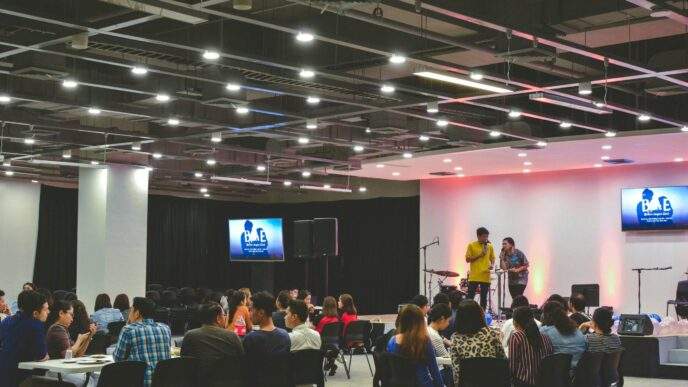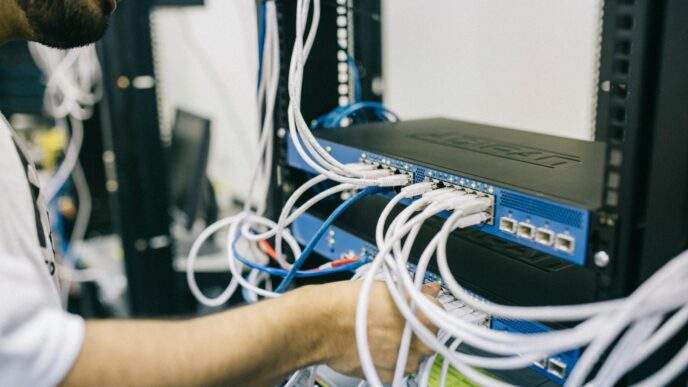Interview by Janusz Nowakowski, Lightning News
Introduction
When I landed again in San Salvador, I wanted to go back to the beginning, to the people who built the early movement that shaped Adopting Bitcoin conference. I met Kemal, one of those who saw the rise of Bitcoin Beach and helped turn it into a global meeting place for builders. Our conversation was less about conferences and more about values, work, and the human layer that keeps Bitcoin alive.
Reflection
Listening to Kemal felt like watching the early pages of Bitcoin history in El Salvador unfold. There was no master plan, no corporate blueprint, only people who believed in honest money and built a movement from the sand of El Zonte. What began as a small experiment between surfers and merchants became a global meeting place where ideas turn into action and technology meets integrity. Adopting Bitcoin remains a reminder that real change starts with those who show up, stay curious, and build together
From Ads to Adoption
Janusz: For those who don’t know you yet, could you tell us who you are and how you got here?
Kemal: I’m 43 years old and live in Istanbul. Before that I spent most of my life in Germany. I studied political science and worked in advertising and marketing for more than a decade, a world of data, attention, and behavior. Advertising taught me how easily perception can be manipulated. Bitcoin showed me what truth looks like when it can’t be altered.
Janusz: So from marketing to Bitcoin, quite a leap.
Kemal: Yes. I found Bitcoin while studying intellectual property. I realized it solved ownership and trust better than any regulation. In Munich we had one of the oldest Bitcoin communities in Europe, active since 2010. Philosophers, engineers, OGs. We kept asking: “how do we make Bitcoin grow as money, not speculation?“.
In 2019 I onboarded Munich’s first bar to accept Lightning payments. It became a small symbol of what adoption means, a place where people didn’t just talk about Bitcoin, they used it. When you tell someone Bitcoin is money, their first question is, “Where can I spend it?” That’s when it becomes real.
“You don’t need to impose a hierarchy when people share purpose. In a decentralized organization, hierarchy grows on its own.”
Building Adopting Bitcoin
Janusz: Bitcoin Beach inspired the conference, right?
Kemal: Absolutely. Without Mike Peterson and The Hope House in El Zonte, Adopting Bitcoin conference wouldn’t exist. Their model of a circular Bitcoin economy became proof that open systems work. When the Salvadoran government announced Bitcoin as legal tender, we saw how unprepared the country was. That’s how the idea of the conference was born: to bring the community to teach, connect, and build.
I joined Galoy in 2021. My first job was to help organize that event. Three months, no local experience, full of uncertainty. But somehow it worked. The energy of the Bitcoin community carried it.
We faced COVID restrictions, security issues, and long nights. Yet we brought together Blockstream, Phoenix, LNBits, and independent builders. The lineup was world-class because it came from trust, not money.
Janusz: What was the secret?
Kemal: Staying true to the open-source ethos. We didn’t dictate an agenda. We asked, “What can we bring that El Salvador really needs?” The community answered. That’s how Bitcoin grows, by listening, not controlling.
“We never set an agenda; Bitcoiners did. We just stewarded the ecosystem.”
El Zonte: Where Values Meet Reality
Kemal: Everything started in Bitcoin Beach. Their grassroots success became the model for bottom-up adoption worldwide. The government scaled it nationally, but education lagged. That’s where Adopting Bitcoin came in, to bridge the gap between inspiration and execution.
When you walk through El Zonte, Bitcoin isn’t hype; it’s habit. You can pay for your coffee, your dentist, or surf lessons in sats. A local dentist, owner of Diente Zonte, started “Bitcoin Smiles”, funded entirely by Lightning donations, fixing teeth for low-income families. That’s what adoption looks like.
The expat and Salvadoran communities mixed naturally. It wasn’t a foreign project imposed from the outside. It was locals and visitors working together, building something honest.
Moments That Shaped a Movement
Janusz: Tell me about moments that made you say “wow.”
Kemal: The magic happens when people meet. Adopting Bitcoin became a place where ideas turn into action. Eric Sirion presented FediMint there for the first time in 2021. Afterward he met Obi Nwosu, then CEO of Coinfloor, who became Fedi. Later, Cashu was also first shown there.
Developers finally had a real environment, not theory. Before, they tested Lightning in one Berlin bar. Now, an entire country. Real feedback, real users, real results.
Janusz: El Salvador turned into a live testnet.
Kemal: Exactly. It accelerated innovation, point-of-sale systems, LNURL, QR workflows. We implemented many lessons directly into Blink. When people use Bitcoin daily, you learn fast. That’s how theory becomes infrastructure.
A Global Ripple
Kemal: Today, Adopting Bitcoin isn’t only an event in El Salvador. We see new communities in Colombia, the Dominican Republic, Kenya, and South Africa. My message to them: don’t reinvent everything. Study what works, copy the good parts, adapt them. Collaboration beats isolation.
Africa, especially, is inspiring. In South Africa, the Ekasi surf-school kids built their own Bitcoin economy, inspired by El Zonte. That’s why we now host Adopting Bitcoin Cape Town. Same energy, same principles, different continent.
“Sometimes it’s more important to help Bitcoiners live on Bitcoin than to onboard merchants.”
The Human Standard
Janusz: How do you keep quality as it grows?
Kemal: By setting clear standards. At Adopting Bitcoin, sponsors must align with open source and self-custody. If we can’t verify your code, we can’t take your sponsorship. It limits money but keeps credibility. We don’t sell exposure to the highest bidder. We curate integrity.
We pay for everything in Bitcoin, tickets, food, everything. If someone can’t learn how to make a Bitcoin payment, maybe the conference isn’t for them. Even that small act, buying a ticket with Bitcoin, is education in practice.
Bitcoin has a social layer. That’s why I say layer zero is humans. Meet face-to-face, talk, share. Bitcoin grows where trust is built.
“Bitcoin Layer zero is… humans.”
Back to the Roots
Janusz: You’ve seen this evolve from Munich to El Zonte to Istanbul. What remains constant?
Kemal: The people. The honest ones who show up and keep building. Bitcoin is work, not hype. The best proof is families living on it, merchants accepting it, and communities using it daily.
The first year, we had maybe 400 people, mostly foreigners. Now it’s more than a thousand, over half Salvadorans. Next year we’ll have a full Spanish stage. That’s growth you can feel.
Janusz: That’s the story we don’t hear often enough, adoption through work, not marketing.
Kemal: Yes. Decentralized coordination really works. You don’t need permission to build. You just need people who care.
Beyond El Salvador
Janusz: You live now in Turkey, a country struggling with inflation. How does that shape your perspective?
Kemal: Turkey is proof of what happens when money fails. The largest banknote is worth a few dollars, so everyone uses cards. Banks issue credit cards freely. There’s no underbanked problem here, but there’s no privacy either. Bitcoin gives that. It’s not about speculation; it’s about sovereignty.
The irony is that Turkey’s banking system is world-class, multi-currency, gold, even crypto accounts. Yet all of it still depends on a fragile fiat base. Bitcoin doesn’t.
Listening, Not Talking
Janusz: I once took a farmer friend to BTC Prague. He came skeptical and left amazed. He told me, “I thought you were a crypto freak, but now I see it’s grounded”. Watching him connect with miners and developers made me realize how powerful firsthand experience is.
Kemal: That’s what it’s about. You can’t fake authenticity face-to-face. That’s why real meetups and conferences matter. Online, it’s hard to tell who’s sincere. In person, you see it in people’s eyes.
Connecting with honest, competent people, that’s what sustains Bitcoin. And Bitcoiners must live responsibly. We can’t promote financial freedom and then live irresponsibly. Integrity is the standard.
Closing Thoughts
Kemal: It’s important to meet others regularly. Don’t get lost in online noise. Bitcoin has a social component. When you meet people who are honest, competent, and kind, keep them close. That’s how we build the next layer.
Janusz: Thank you, Kemal. This conversation reminded me why I came back to El Salvador, to listen to real stories from real builders.
Kemal: And that’s where the truth lives.



